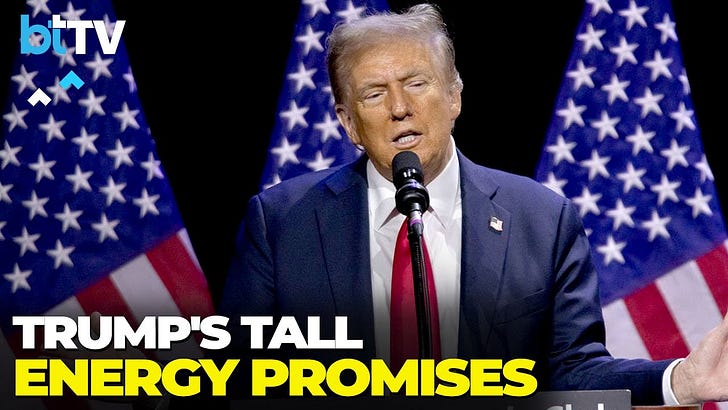
1481. Schedule for Week of August 24, 2025
Bill McBride outlines key economic indicators and reports scheduled for the week of August 24, 2025, including home sales and GDP estimates.
your daily dose of economic commentary

Bill McBride outlines key economic indicators and reports scheduled for the week of August 24, 2025, including home sales and GDP estimates.

Noah Smith discusses Europe's reluctance to adopt air conditioning despite rising temperatures and its implications for public health and technology adoption.
An argument that state laws regulating AI in mental health services may hinder innovation and access while ignoring the potential benefits of AI tools in this field.

An argument that estimates the relationship between interest rates and deficits using instrumental variables, highlighting issues with data and methodology in the analysis.
Timothy Taylor explores Montesquieu's views on how personal ambition in monarchy can benefit society, linking it to the economic concept of self-interest promoting public good.
The post examines New York City's 1975 financial crisis, exploring the interplay of fiscal mismanagement, austerity politics, and social welfare debates.

John Ruwitch discusses President Trump's announcement regarding Intel's 10% stake for the U.S. government, highlighting the administration's push for control over businesses.

Camila Domonoske discusses the impending end of the federal EV tax credit and clarifies eligibility for car buyers regarding the deadline.
An argument that classical liberalism encompasses diverse perspectives, highlighting the enduring relevance of figures like Hayek and von Mises in advocating for freedom.

Bill McBride discusses the increase in coincident indexes for 41 states as reported by the Philadelphia Fed, indicating positive economic trends.

Canada is eliminating some retaliatory tariffs in response to U.S. tariff exemptions under the trade pact with Mexico and the U.S., as announced by Prime Minister Mark Carney.

Jon Murphy discusses how methodological individualism provides a framework for understanding group behavior by focusing on individual actions rather than treating groups as singular entities.

Scott Horsley discusses Jerome Powell's indication of a potential interest rate cut, which led to a significant increase in stock prices.

An argument that rising electricity prices, driven by demand from AI and crypto, will exacerbate inflation and hinder economic growth, while political figures misattribute the causes.
Bill McBride discusses Fed Chair Powell's insights on monetary policy adjustments in response to evolving economic conditions, including inflation and labor market dynamics.

The discussion focuses on a model combining intensive and extensive rent in agricultural production, analyzing how different techniques affect land use and profit levels.

The post discusses the impact of ending temporary protected status on health care workers caring for the elderly, highlighting the potential consequences for America's aging population.

Recent data indicates a potential recovery in the real estate market after a period of stagnation due to high mortgage rates.
The discussion centers on the economic complexities of antiquities ownership, highlighting leasing as a potential solution to incentivize preservation and legal compliance.

The discussion revolves around the use of chatbots in mental healthcare, highlighting issues of self-selection, empathy paradox, and the challenges of causal inference in evaluating their effectiveness.